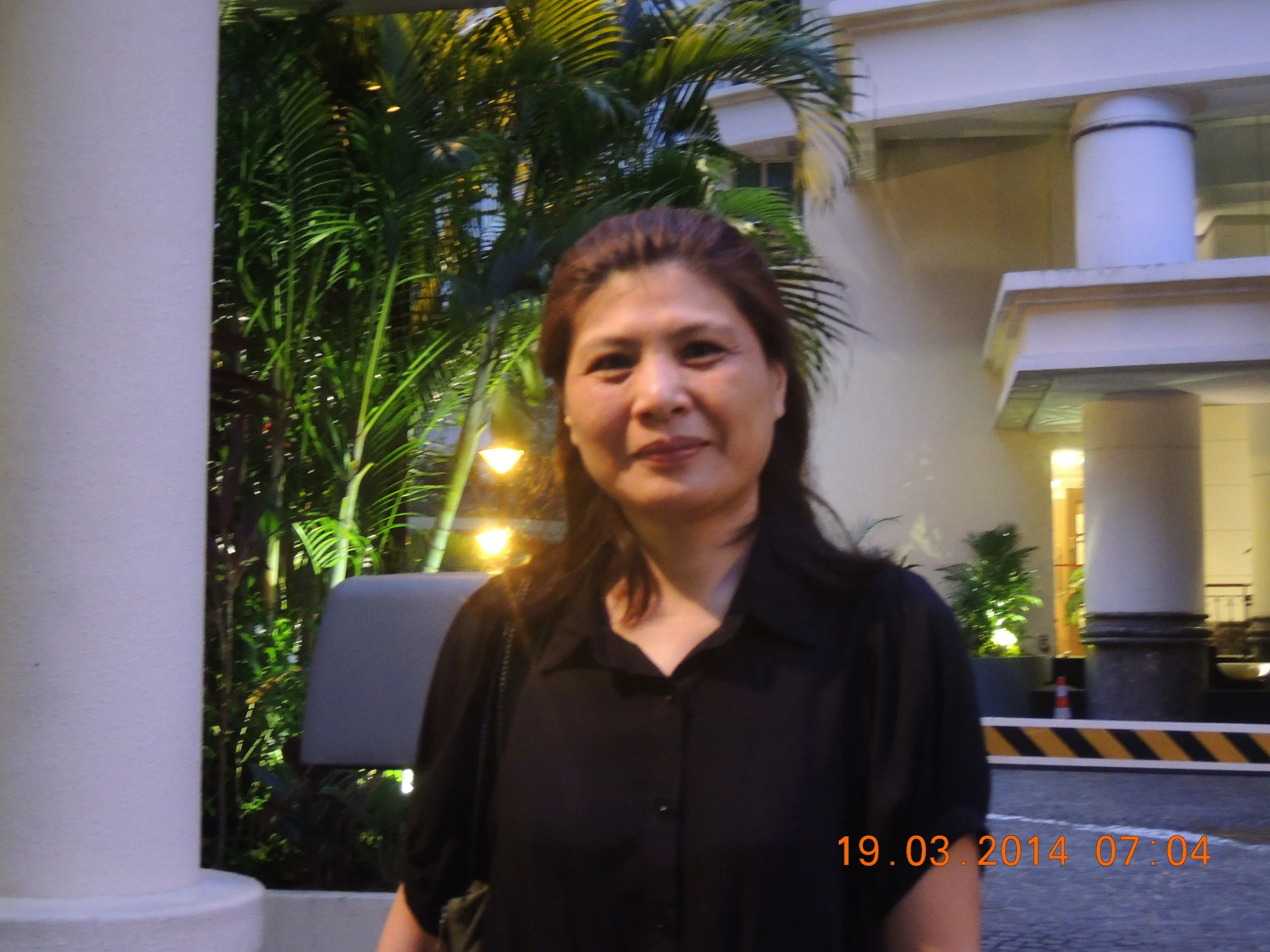Trip and I go for a walk every morning around seven-thirty. We step out of the elevator. Jamaliah’s just coming in to work. She’s a pretty woman, brown hair, clear skin, maybe forty. It’s her job to keep the open-air lobby and elevators clean. She says, “Good morning,” and smiles. I return the greeting and the smile, which most likely conveys irritation. I don’t like to interact early in the day. Jamaliah whisks past, heading to the closet where she keeps her uniform. Next time I see her she’ll be dressed in gray and whipping her broom through the lobby. She sweeps and mops the front area at least six times a day, and each time I’m in or out we exchange good wishes for whatever time of day it is.
At the front desk is Oathman. He, too, wishes me a good morning and I say the same to him. Oathman is here daily from seven to seven. When I have friends to the flat he walks them to the elevator and pokes the code that calls my floor to let me know they’ve arrived. Stationed at the front desk, his assigned task seems to be keeping tabs on everybody. He tells guests where to park and he points delivery people to the service elevator. He’s a friendly guy and people are always leaning on his counter laughing with him.
As Trip and I walk down the six steps to the covered driveway, the neighbor’s driver tells me good morning. He gives a little bow when he says it. I say good morning to him, too. He seems like a nice man, Muslim, and while that in itself isn’t offensive, the way he squeals like a terrified sissy is. What does he think my good-natured little dog is going to do to him?
Beyond the wussy driver is Razzah. He wishes me good morning and I wish it back to him. In the same way Jamaliah takes care of the interior, Razzah takes care of the grounds. Keeping the area free of leaves is a never-ending task. He sweeps with a straw broom that is handmade. Also, he’s in charge of garbage pick-up and removal, though I question his dedication. Someone left a banana and a roll on the front fence four days ago and it’s still there. The banana’s brown and shriveled now, and the bread is moldy. Shouldn’t he have thrown it away? Does he think someone’s going to come back and claim it?
As we pass through the gates Stephen is just getting ready to go off duty. He let me know when I first moved in that if there are any problems, he’s the one I’m to come to. Stephen watches the entrance from the little guardhouse throughout the night. He’s told me he doesn’t need sleep. A retired teacher, he’s eighty years old, has no hair, few teeth, and allows himself only one pack of cigarettes a day. He calls, “Good morning, Mrs. Waldo. Have you had your breakfast?” He asks me the same thing about dinner when I go out in the evening. In the beginning I thought this was odd and intrusive—why does this hairless little man think my eating habits are his business? But I later learned that his query is the equivalent of “How are you?” which makes sense as, in this part of the world, people have known hunger. Asking if someone has had their rice shows concern for their well-being.
I step through the security gates and on to the sidewalk, where Trip finally gets to sniff and lift his leg. He takes a long time with the sniffing because, well, he’s a dog. Robert, Stephen’s replacement, is coming up the hill. Just like the others, he wears street clothes as he travels to and from work. He’ll be changed into a uniform by the time I return. A quiet man, he keeps his head down, giving no greeting as he enters the property. He’s busy inside his mind. Robert is my favorite.
Jamaliah and her smile.
Razzah and his broom.
Stephen, after a night of watching over the place.
Robert, usually a somber man, put on a big smile when I pulled out the camera.





